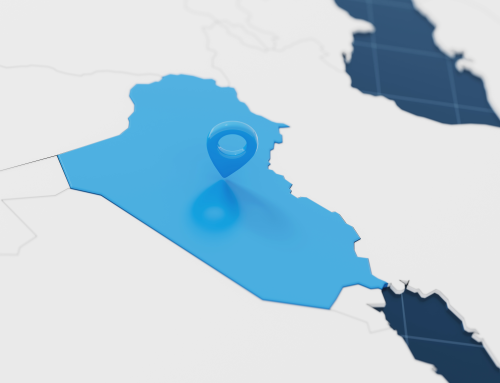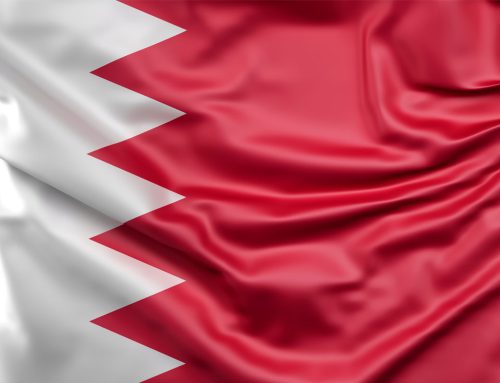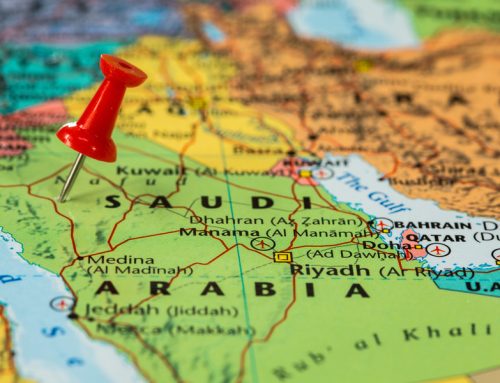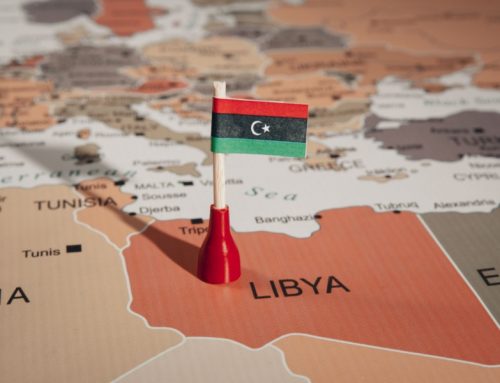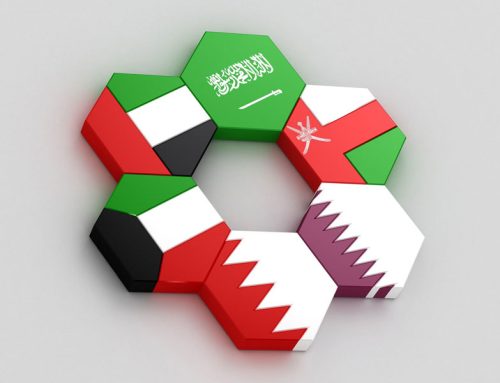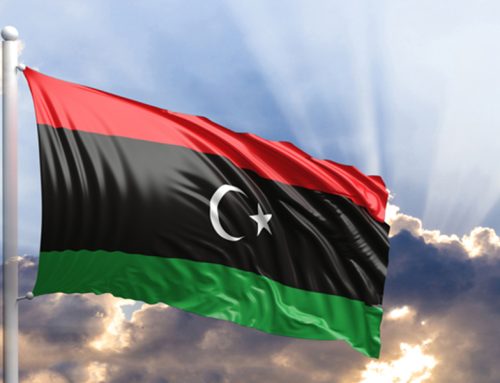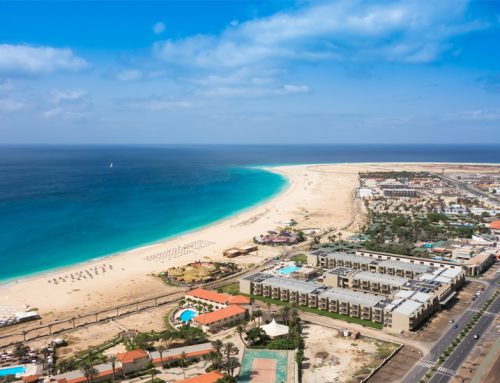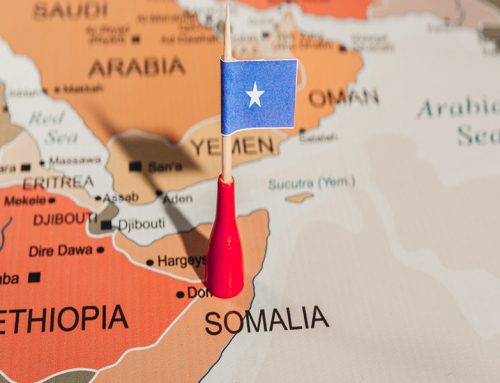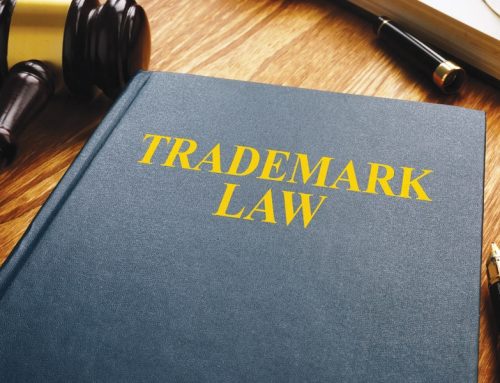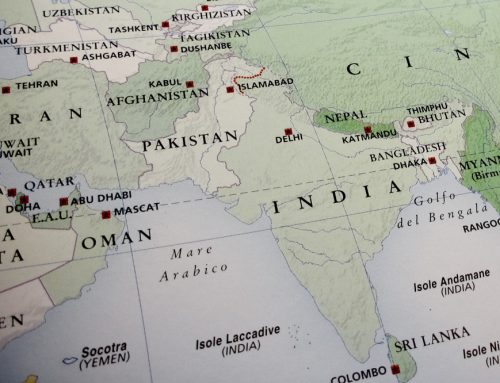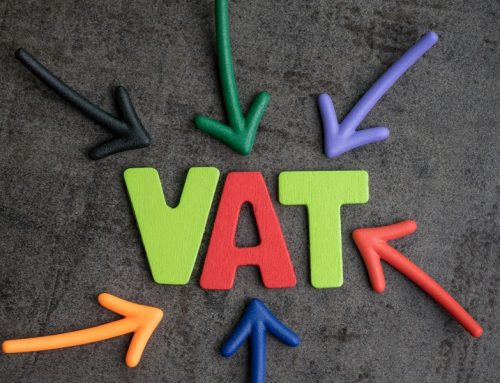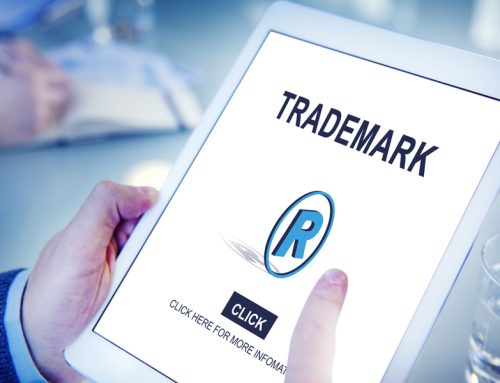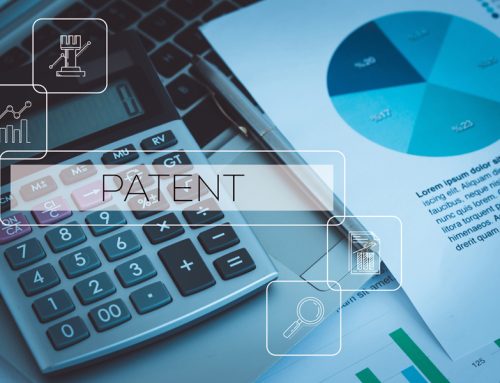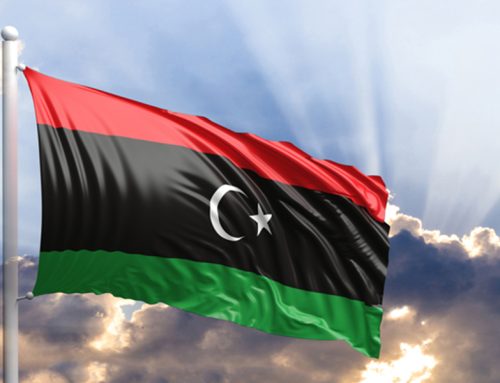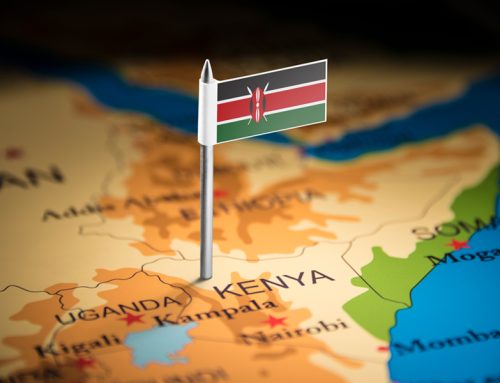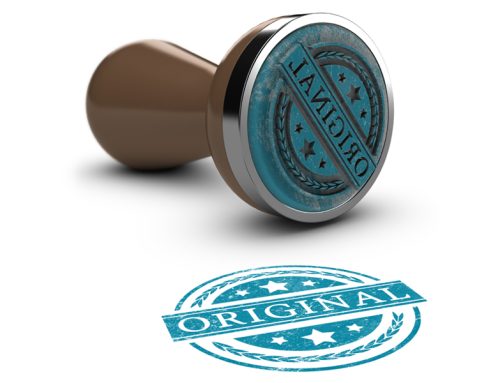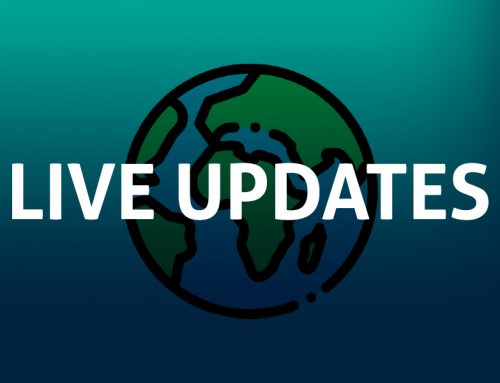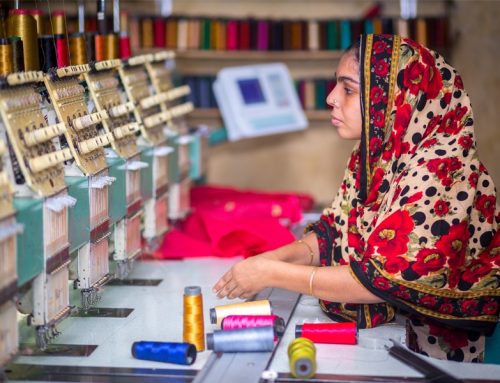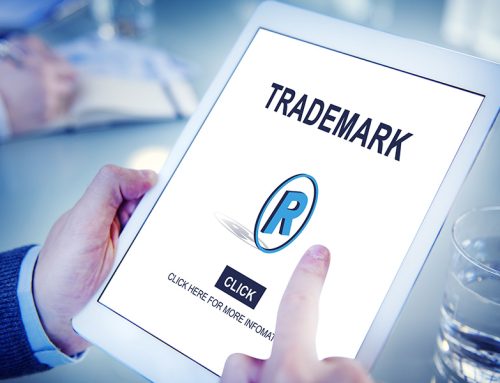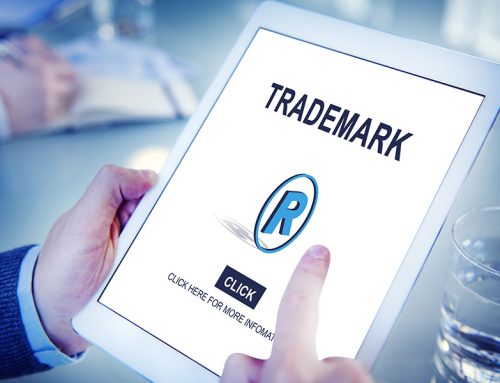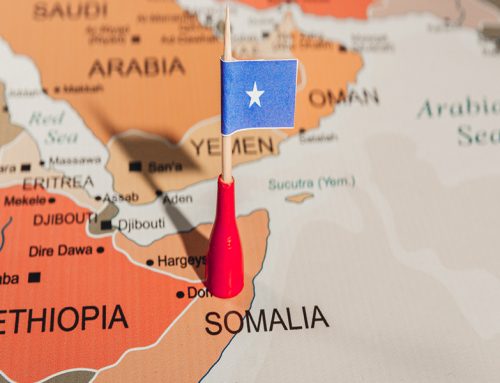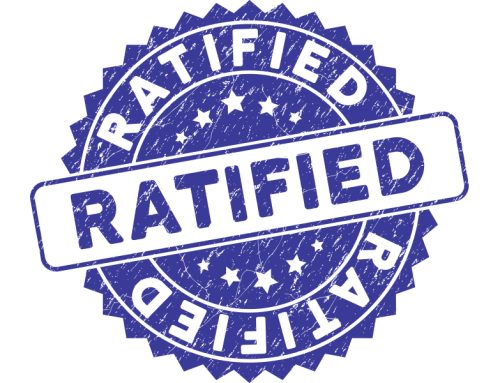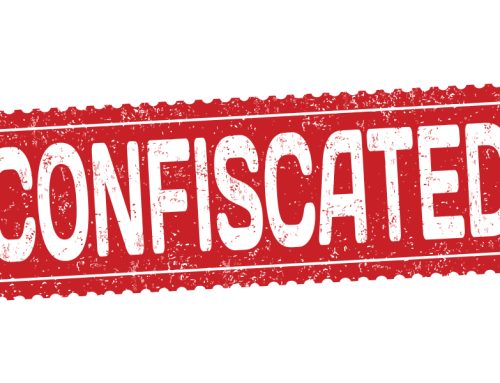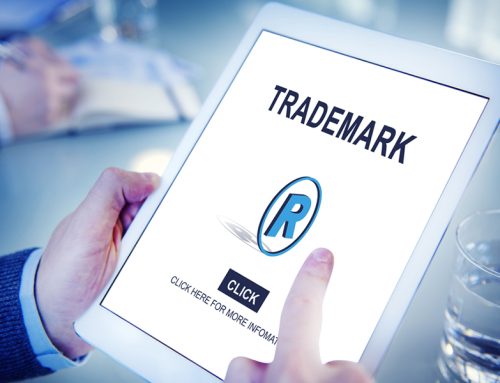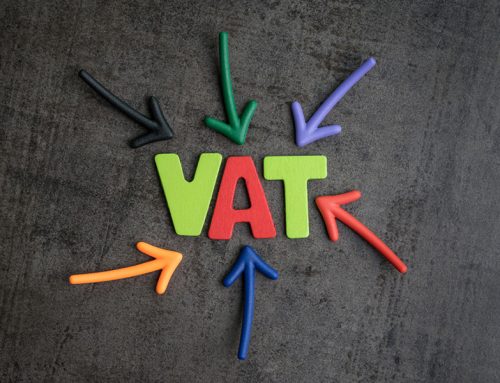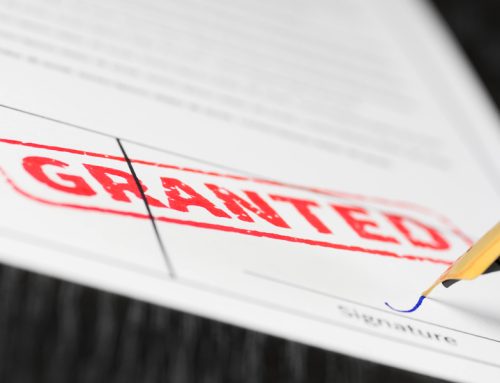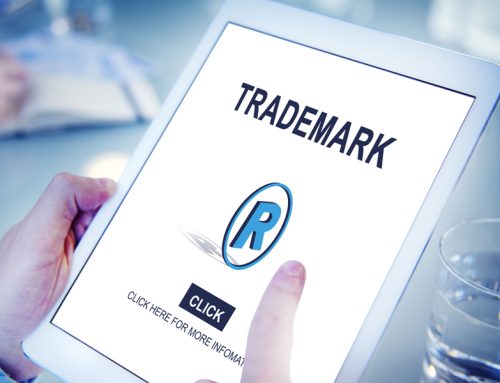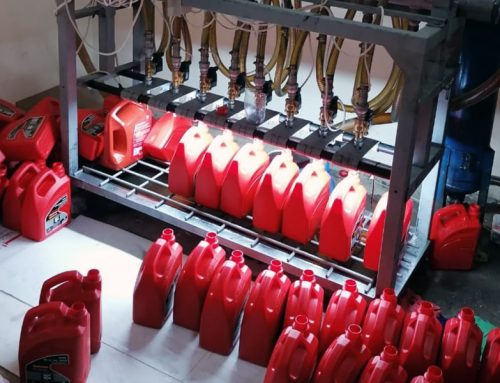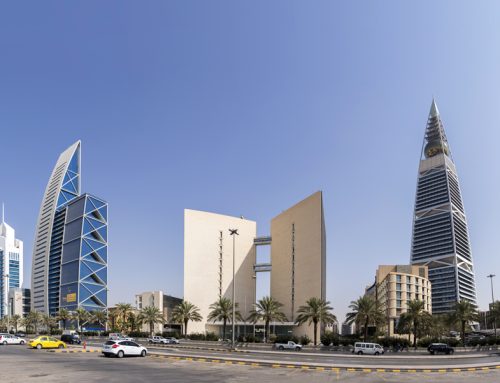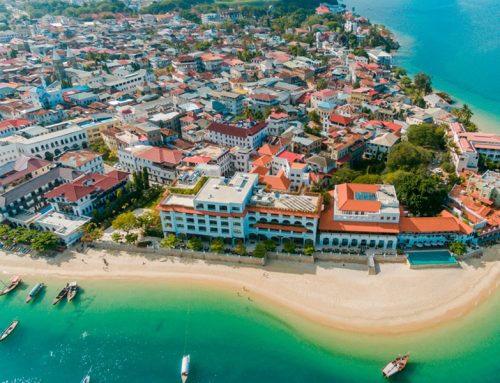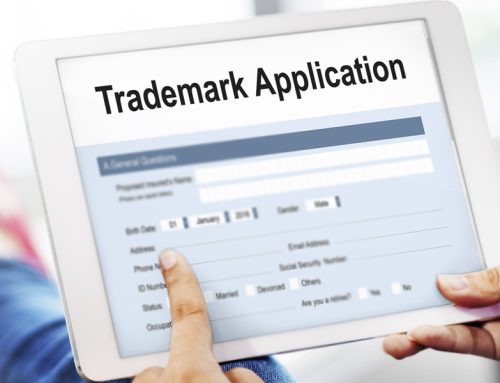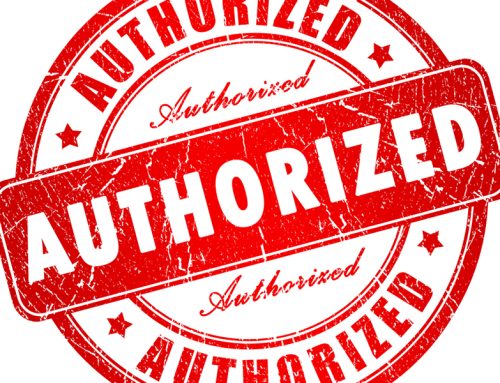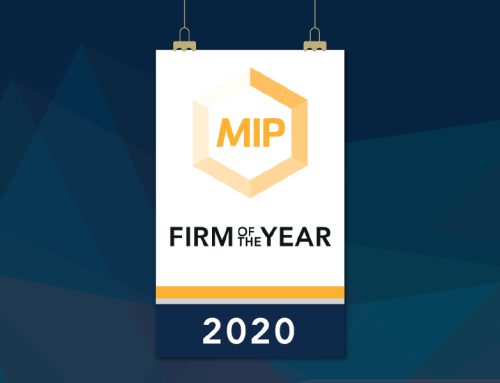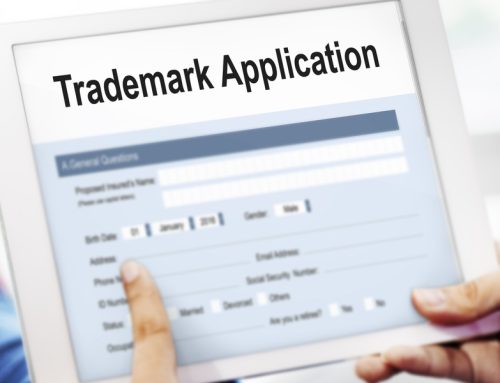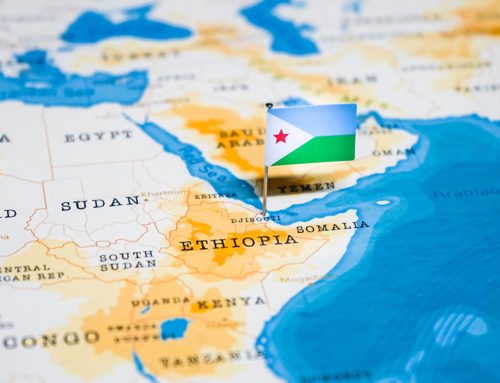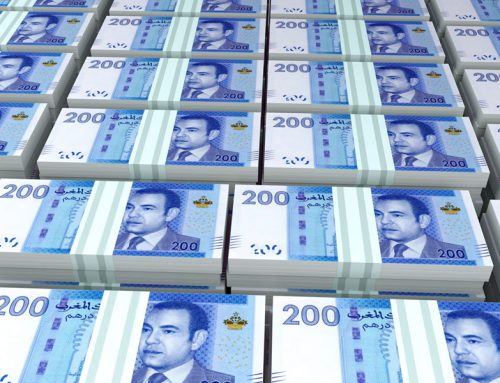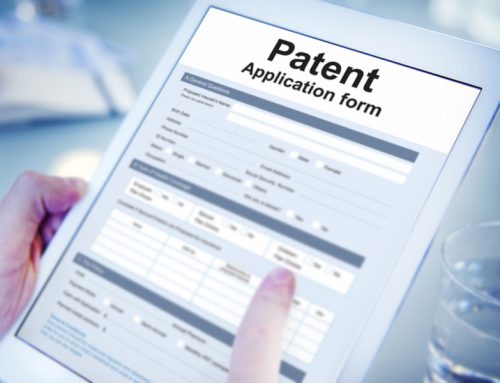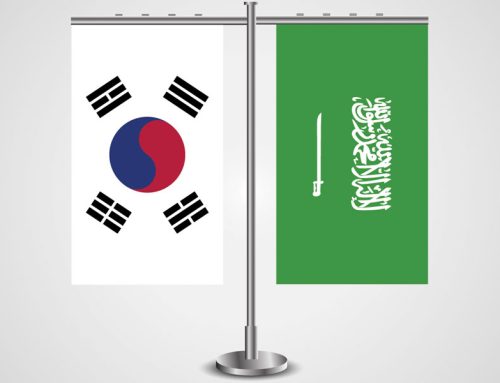Our annual “Year in Review” sums up the most important intellectual property news and developments that unfolded over the past year in the Middle East, Africa, and their neighboring regions.
As we have seen in previous years, the trend to ditch paper in favor of electronic filing is still on the rise. Algeria, Azerbaijan, Iran, Kuwait, Saudi Arabia, Lebanon, Morocco, and the United Arab Emirates are among several jurisdictions that have already established operational e-filing platforms. We are now witnessing Jordan install and test the necessary infrastructure in preparation for the move online. With a virtually instantaneous issuance of filing receipts and filing numbers, there is a remarkable increase in the speed within which applications are examined.
Countries of the Gulf Cooperation Council have been relatively busy with the introduction of value added tax. As per the GCC VAT framework agreement, each member state is expected to establish their own separate national legislation concerning the VAT. Accordingly, we have seen Saudi Arabia and the UAE introduce VAT in January 2018, and Bahrain will be following suit in January 2019. We expect the remaining GCC countries, namely Kuwait, Oman, and Qatar to introduce the VAT in the imminent future.
Procedural changes across numerous jurisdictions have also been abundant this past year. Given that no ministerial resolutions were issued by the authorities concerned in this regard, we expect that these changes may be rescinded or perhaps further updated.
On the patent front, we noticed an ongoing improvement of the landscape along with the development of the economies of the countries in the Middle East and Africa. Enforcement of patents in the region is still in its infancy, however. The few cases that have been reported involved local firms allegedly infringing on patent rights of foreign multinational companies. The local industries are primarily imitators or me-too companies with little internal research and development. The limited technologies and capabilities have not created instances where local industries have been considered as major threats to these multinationals, with a few exceptions.
This is changing, however, and with time we will see more local firms challenge such patents, and begin filing their own applications. The current status of the laws and regulations in the region provide local innovators with all the rights to be able to protect their own inventions and encourage further investment in developing innovative products and processes. Local and foreign investments have already catalyzed such developments and, in combination with growing markets and needs, it is only a question of time before certain local industries in the region become pioneers in their fields.
Other notable developments in worth pointing out are outlined below:
General Updates:
Increase in VAT Rates
In Tunisia and Lebanon, we saw an increase in VAT rates during 2018. The rate increased in Tunisia from 18 percent to 19 percent, and in Lebanon the now VAT stands at 11 percent up from a level of 10 percent.
Newly Formed IP Authority
A prominent update from the Arabian Gulf this year took place in September 2018, when the newly formed Saudi Authority for Intellectual Property participate in the 58th meeting of the World Intellectual Property Organization. This is the first time SAIP attends and represents as a high-level delegation in the WIPO general assembly meetings.
On the local front, SAIP has held workshops on innovation and entrepreneurship, and conducted IP training sessions, and presentation on various aspects relating to enforcement of IP rights. Saba IP and our local affiliate in Saudi Arabia were selected to participate and present in these seminars.
Trademark Updates:
Procedural Changes
Iraq:
The Trademark Office in Iraq stipulated a procedure for the refiling of a trademark application with filing number preceding 72,000 only if the application is determined to be confusingly similar/identical to a newly filed application by a third party pursuant to relative grounds examination. The deadline to refile the application will be seven days from the official notification date. The refiling arrangement will apply only to applications filed before March 2016 that have not been published by August 2017.
While on the topic of registration, perhaps the most major procedural change in Iraq has been the TMO’s announcement that trademark applications may be filed in Latin script without having to submit the Arabic transliteration of the mark. This update rescinds the previous registration requirement that demanded trademarks to be filed in Arabic alongside the Latin version, which provided for the protection of the transliteration of a registered mark without having to file a separate application for it.
In separate news, the Trademark Office introduced an additional procedure for the renewal of trademarks, and for the recordal of assignment, merger, change of name, as well as change of address, which entails the publication of notices in the Official Gazette. Needless to say, this revised practice comes with an additional official fee for publication.
Kuwait:
The Trademark Office in Kuwait implemented a change in practice regarding the filing and acceptance of trademark applications, and no formal notification of the practice change was issued by the TMO. Moving forward, trademark applications will only be accepted if the applicant undertakes upon filing not to use any part of the trademark separately. The change has been retroactively applied to all trademark applications filed in 2018.
Lebanon:
As per an official announcement by the Trademark Office in Lebanon, applicants must submit the original certificate of registration along with the application for the recordal of an assignment and/or merger as an additional documentary requirement. The TMO will then issue a new certificate, instead of a simple declaration.
Yemen:
The Trademark Office in Yemen announced in March 2018 that the registration procedures of all pending applications must be completed within 12 months as from filing date; otherwise the subject applications will be canceled. As for the publication fees, the TMO announced that they must be paid within 60 days as from the date of receiving the acceptance for publication; otherwise the subject applications will be canceled.
Customs Trademark Recordation and Watch Program
In the scope of their continuous efforts to create competent border enforcement measures and to provide effective protection, the Saudi Customs Authority and our local affiliate in Saudi Arabia signed a strategic Memorandum of Understanding in order to benefit from the trademark recordation system for registered trademarks.
By way of background, Customs Recordal is available in Algeria, Cyprus, Jordan, Morocco, Sudan, Turkey, Tunisia, and the United Arab Emirates (Abu Dhabi, Dubai, Sharjah, Ajman, and Ras Al Khaimah).
New Packaging Regulations
The authorities concerned at the Ministries of Agriculture and Economy and Trade in Lebanon have made it mandatory to indicate, among other information, the importer’s name and address on imported food packages. The required information must be written in either Arabic, English, or French, as per the requirements listed in Common Decision no. 1/1 of 2018.
Patent Updates:
Qatar:
Implementing Regulations of the Patent Law Enter into Force
The Patent Office in Qatar issued the Implementing Regulations of the Patent Law, which entered into force on July 5, 2018. The Implementing Regulations confirm the present procedures in Qatar and are expected to pave the way to a clearer patent procurement process.
Patent Grievances and Compulsory Licensing Committee Established
Qatar issued Ministerial Decision No. 154 of 2018 establishing the Grievances and Compulsory Licensing Committee. The Decision was published in Official Gazette on July 4, 2018 and entered into force on July 5, 2018. The Committee’s main functions will include handling enforcement and litigations concerning registration of patents and compulsory licenses.
Oman: Patent Search Now Possible
Official equivalent patent searches are possible in Oman. Accordingly, it is possible to search the patent database for patent applications filed or entered in Oman using the typical bibliographic data of the priority applications or PCT publications.
Bahrain:
Substantive Examination of Pending Patent Applications
Following the news announcing the implementation of electronic filing of patent applications, the Patent Office in Bahrain is starting substantive examination of pending applications.
Iran:
Updates on Patent Annuities and Patent Term Expiration
The Iranian Intellectual Property Office issued a decision relating to the calculation of annuities and patent term expiration. According to the new decision, the following will apply:
- For new patent applications entered in Iran via PCT on or after May 30, 2018, the annuities due at the time of filing will include the back annuities accumulated in the international stage. The annuity payments following the nationalization of an application will be become due on the anniversary date of the international application.
- For granted and pending applications as of May 30, 2018, the correct annuity payments should be settled at the next expected date to bring the annuity year to be in line with the international filing date.
- For granted patents filed via PCT, there is no indication that the Letters Patent will be reissued with the correct expiration date. It is mandatory to correct the annuity year by attending to the necessary payments at the next upcoming annuity date. In most cases, two annuity year payments will have to be settled simultaneously, and the records updated to reflect the next due date to be that of the anniversary of the international filing.
- For pending applications filed via PCT, it is preferable to correct the annuity year by attending to the necessary payments at the next upcoming annuity date. In most cases, two annuity year payments will have to be settled simultaneously, and the records updated to reflect the next due date to be that of the anniversary of the international filing. The IIPO will allow for the settlement of any missed annuity payment at the time of registration of a patent, without late fees.
Accession to the Locarno Agreement
Iran ratified its instrument of accession to the Locarno Agreement, which establishes a classification for industrial designs. Contracting states in the Middle East and Africa are Algeria, Armenia, Azerbaijan, and Turkey.
Should you have any questions, or require any additional information, please contact us at news@sabaip.com
